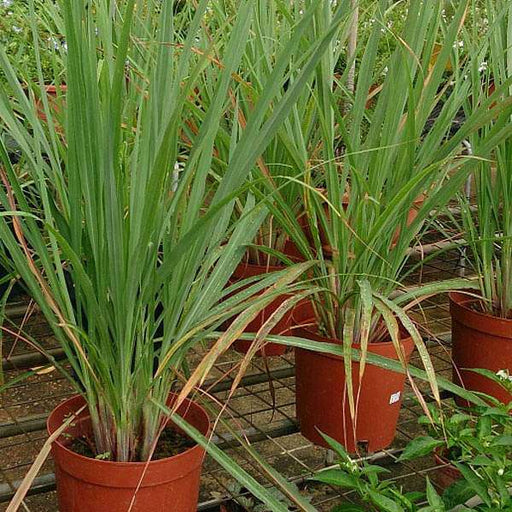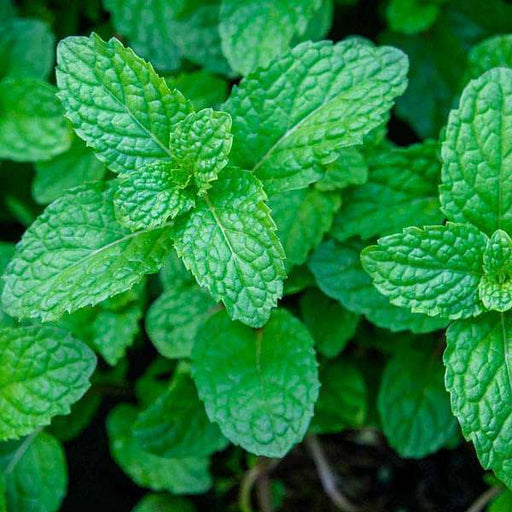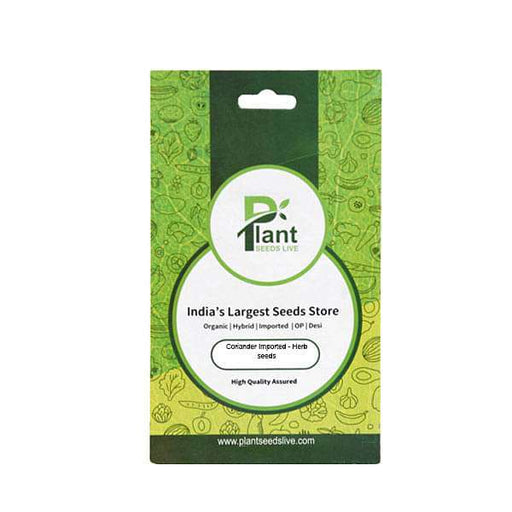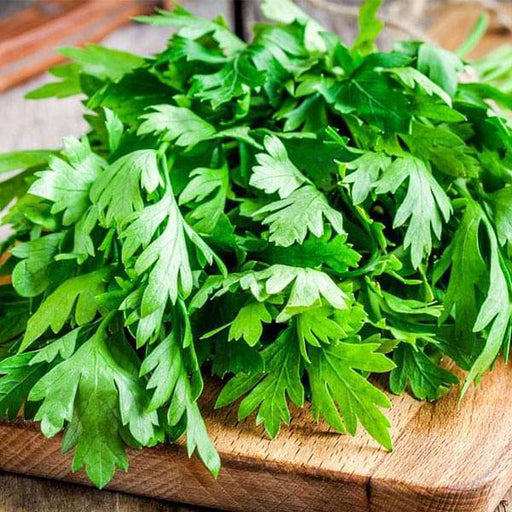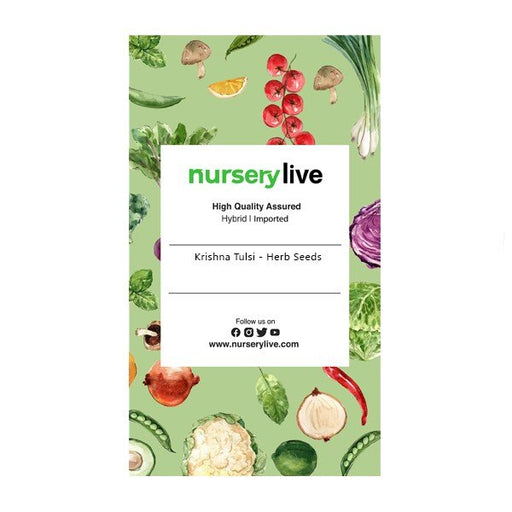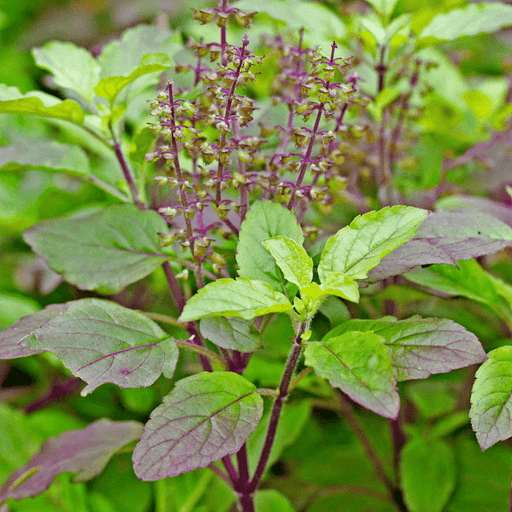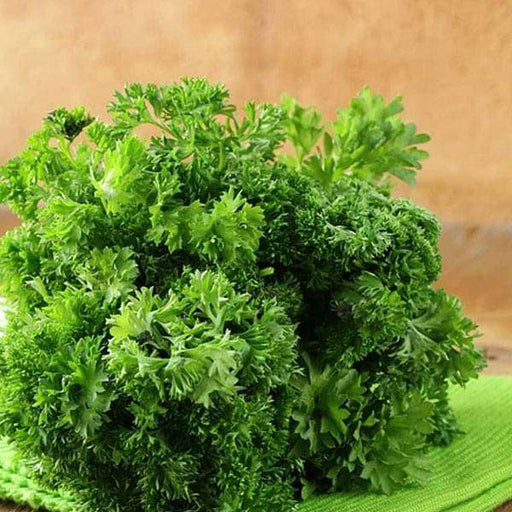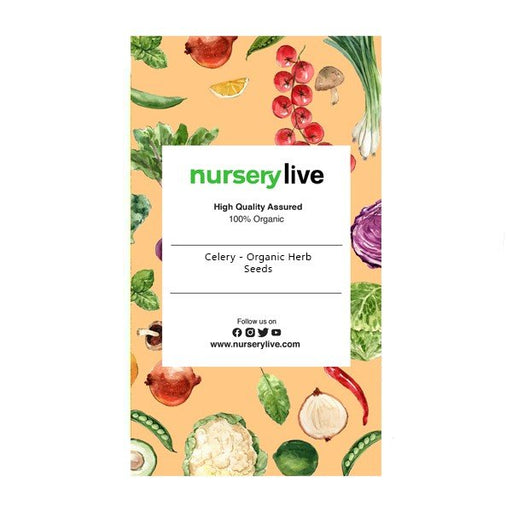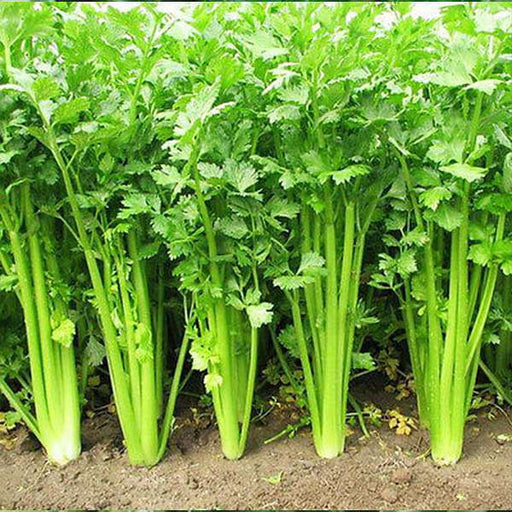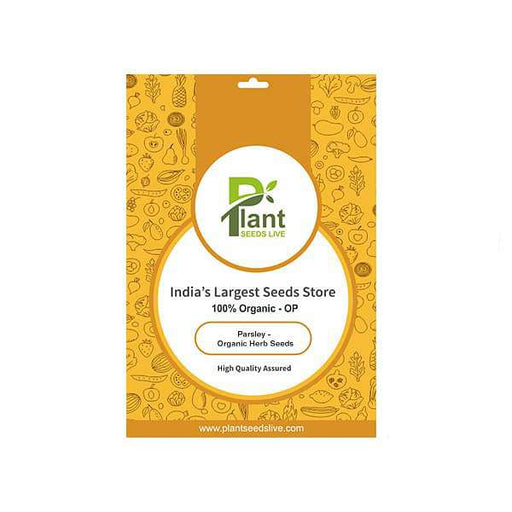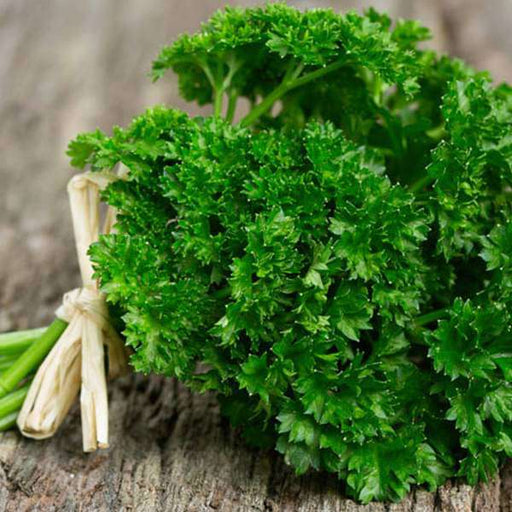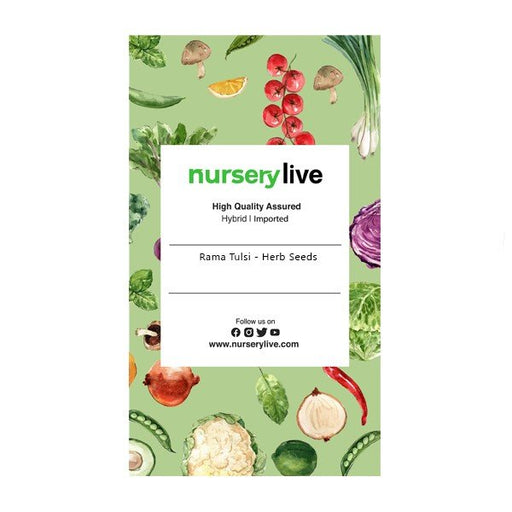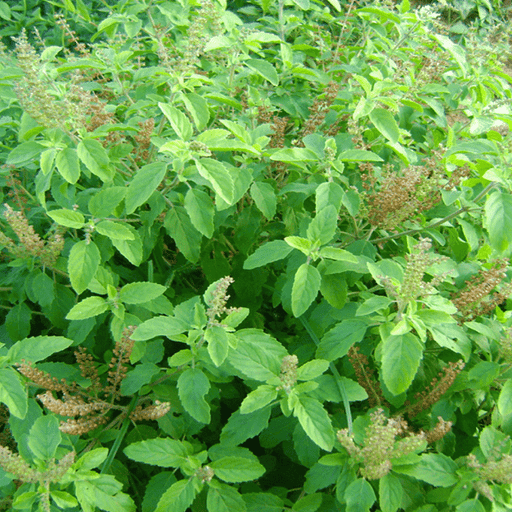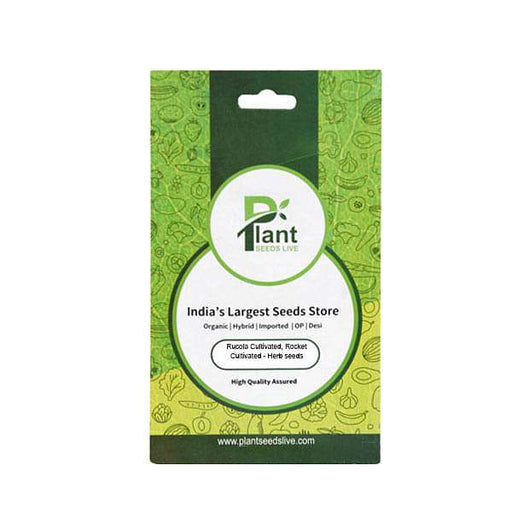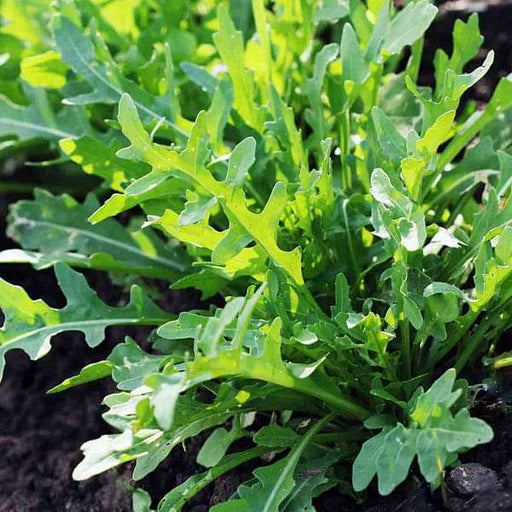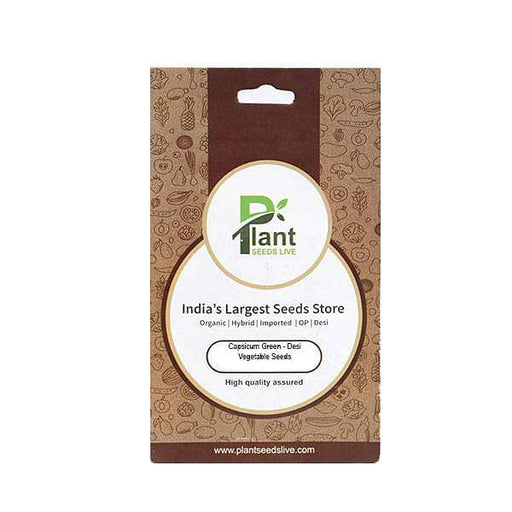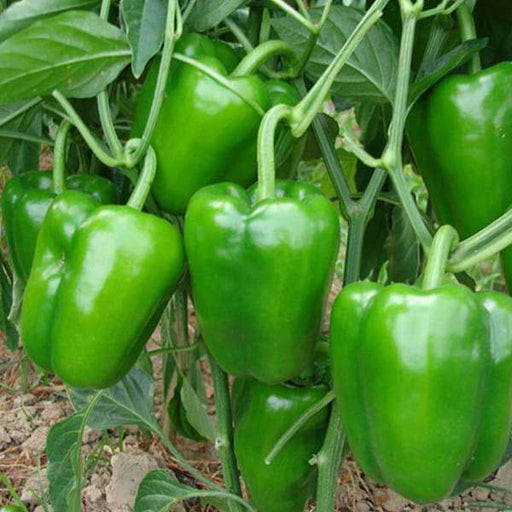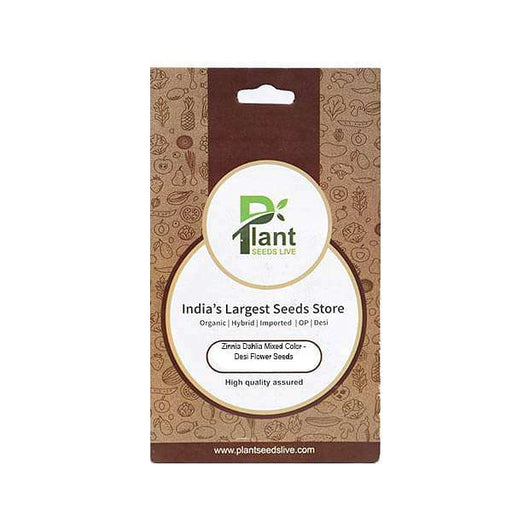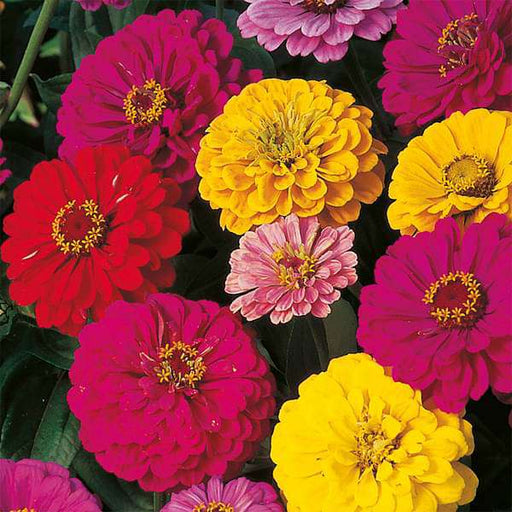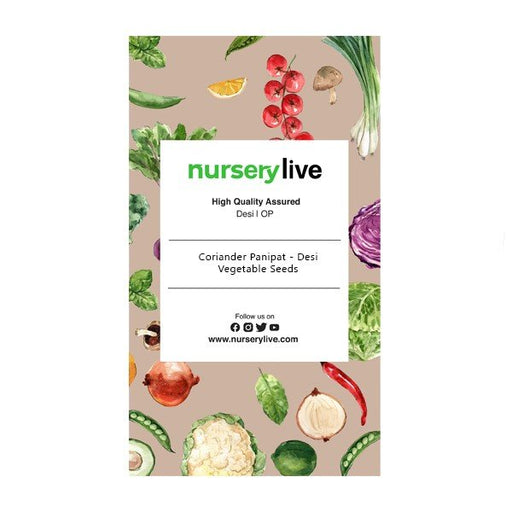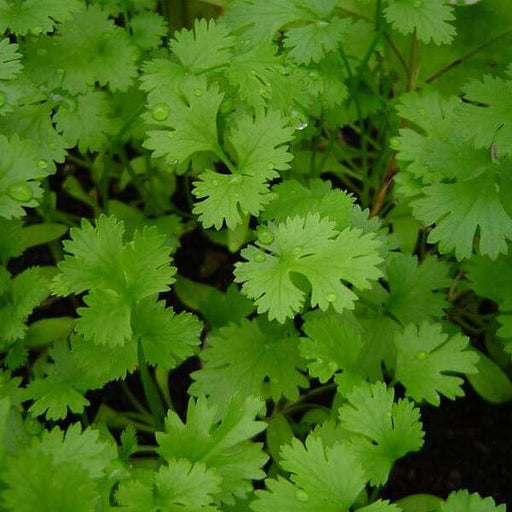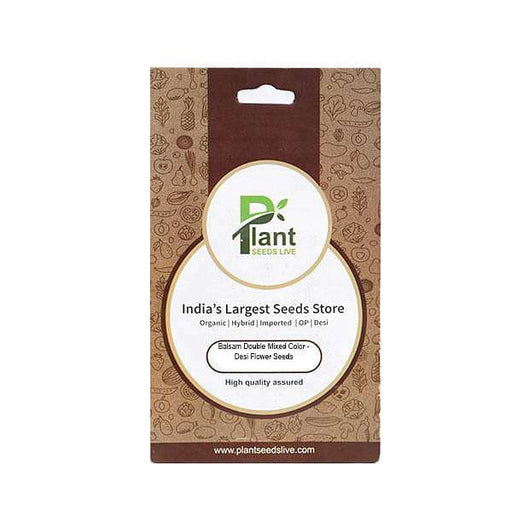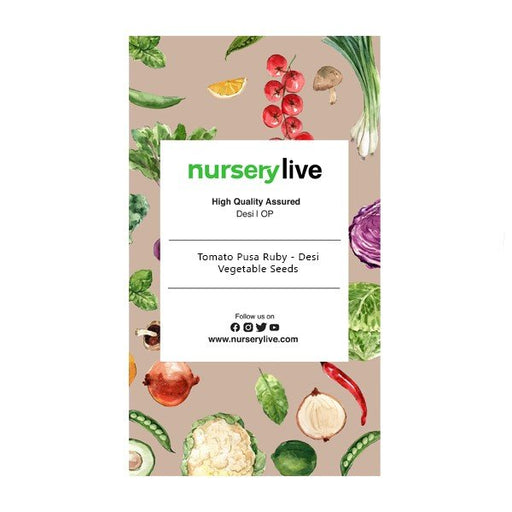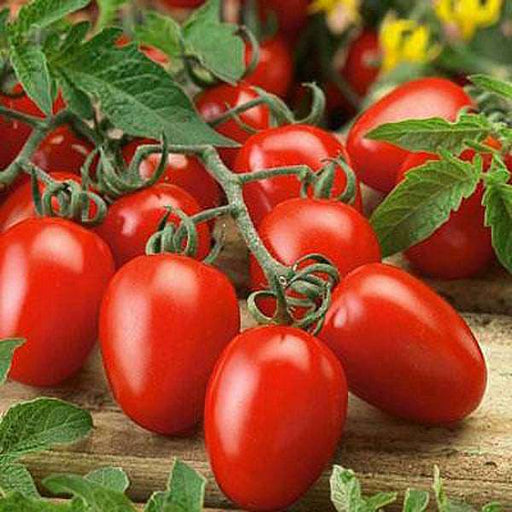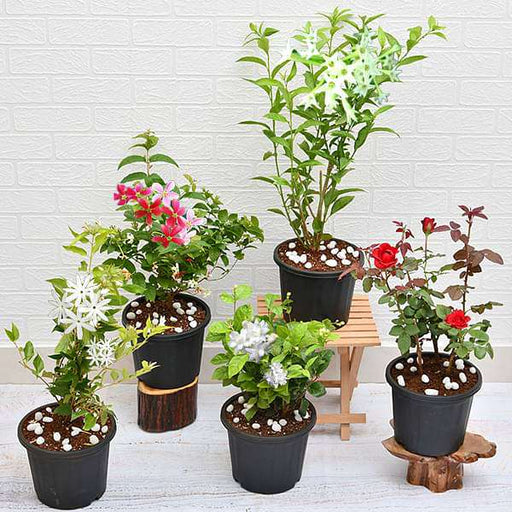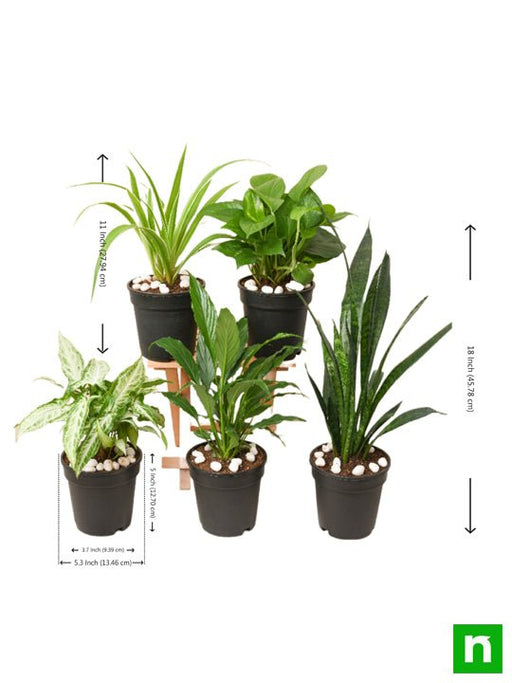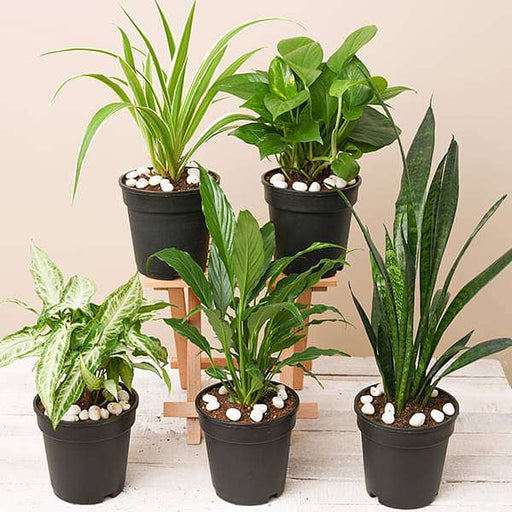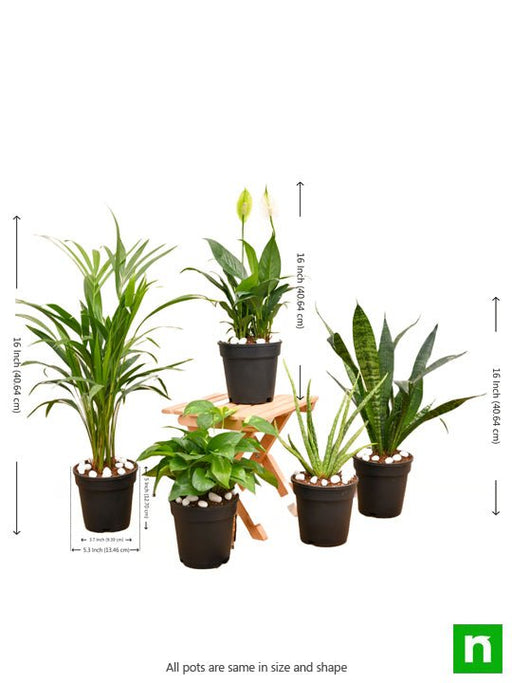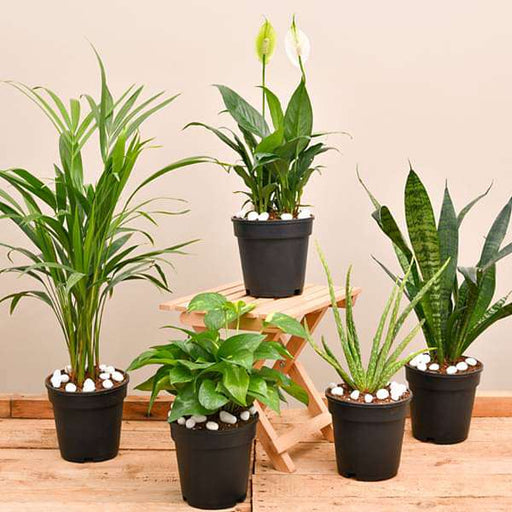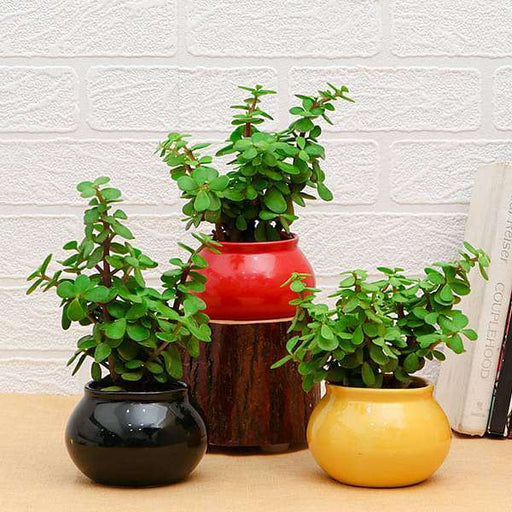Winter Sowing Herb Seeds Rosemary Winter Warrior
This aromatic herb thrives in chilly weather, adding a fragrant touch to your garden and warmth to your dishes. Whether roasted with potatoes or infused in tea, homegrown rosemary brings winter comfort to every meal.
Winter Sowing Herb Seeds Thyme Timeless Flavor
Hardy and resilient, thyme laughs in the face of frost. Its tiny leaves pack a punch of flavor, making soups, stews, and roasted meats taste richer while keeping your garden fresh all season long.
Winter Sowing Herb Seeds Sage Cold-Weather Classic
it also repels pests, making it a gardener’s best friend.
Winter Sowing Herb Seeds Chives Frost-Defying Greens
Don’t let the cold stop your herb garden! Chives endure low temperatures while adding a mild oniony zing to salads, soups, and dips. Plus, their pretty purple flowers make gardens look lively even in winter.
Winter Sowing Herb Seeds Winter Savory Robust Delight
As its name suggests, winter savory is made for the cold. This spicy, peppery herb enhances beans, meats, and warm dishes while acting as a natural antibacterial powerhouse in your kitchen.
Winter Sowing Herb Seeds Parsley Hardy Hero
Frost-resistant and endlessly useful, parsley keeps growing through winter, offering fresh, vibrant greens for garnishing dishes, blending into smoothies, and adding a nutritional boost to meals.
Winter Sowing Herb Seeds Oregano Chill-Proof Classic
This Mediterranean favorite remains strong even in cooler months, bringing its signature earthy, slightly minty flavor to pizzas, pastas, and warm winter broths.
Winter Sowing Herb Seeds Cilantro Cool Season Zing
Cilantro actually loves chilly weather, growing faster and more vibrantly in winter. Perfect for garnishing curries, tacos, and salsas, its fresh citrusy punch brightens up even the heaviest winter dishes.
Winter Sowing Herb Seeds Fennel Aromatic Wonder
With feathery fronds and a sweet, licorice-like flavor, fennel thrives in winter gardens. Its seeds, leaves, and bulbs add depth to soups, seafood, and even teas, making it a versatile must-have.
Winter Sowing Herb Seeds Lemon Balm Cold-Resistant Calm
This citrus-scented herb loves the cold and makes the perfect addition to winter teas, soothing nerves and aiding digestion while adding a refreshing zing to drinks and desserts.
Winter Sowing Herb Seeds Mint Frost-Kissed Freshness
Mint may remind you of summer mojitos, but it’s actually tough enough to handle winter. It stays green through cold months, offering fresh leaves for teas, cocktails, and desserts year-round.
Winter Sowing Herb Seeds Tarragon Winter Elegance
This slightly anise-flavored herb thrives in winter, lending a gourmet touch to creamy sauces, roasted chicken, and seafood dishes. It’s a sophisticated, cold-hardy herb that elevates any home garden.


